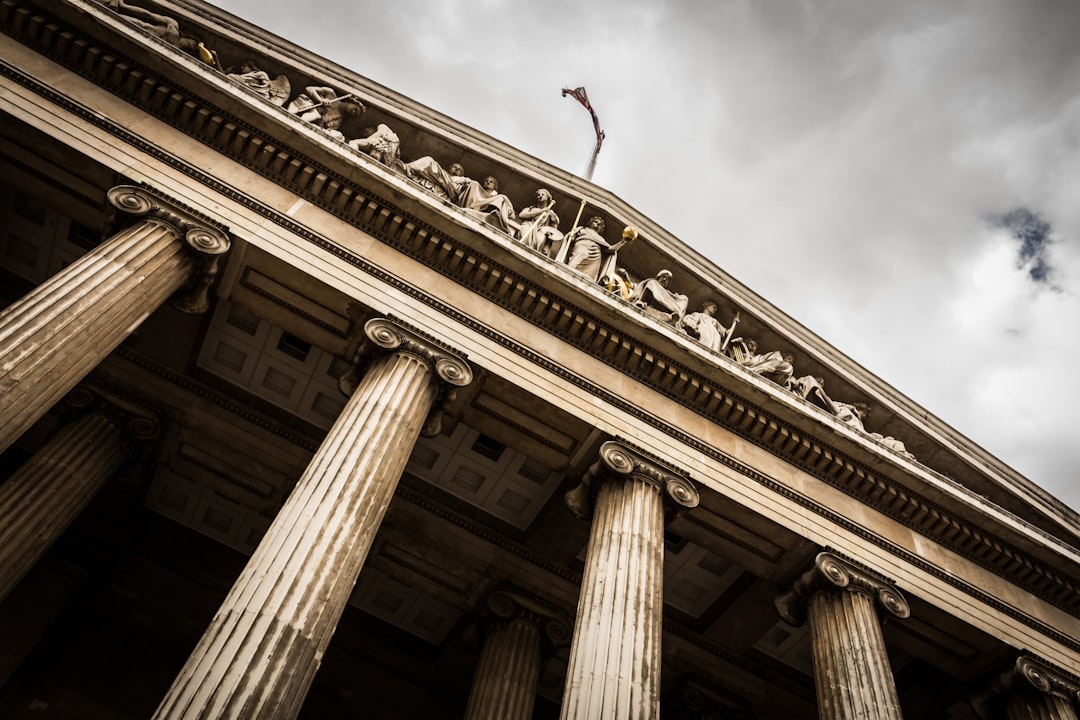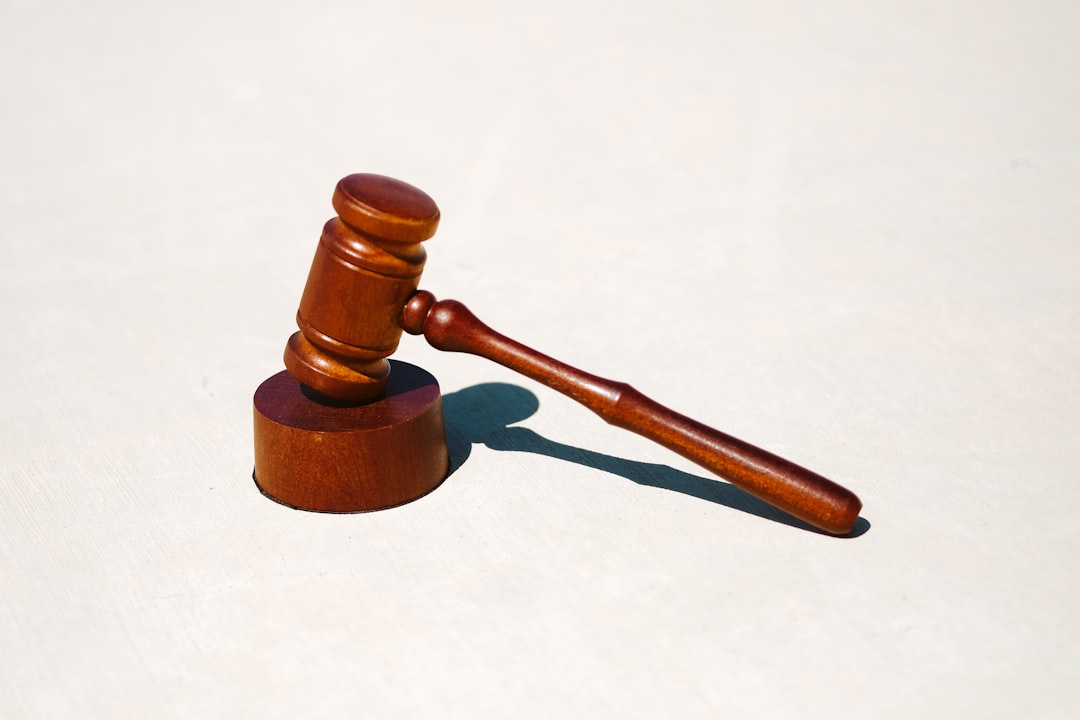Strict debt collector laws in Washington D.C., including the Consumer Protection and Collection Practices Act (CPAPA) and Fair Debt Collection Practices Act (FDCPA), protect consumers from abusive tactics. These regulations restrict communication methods, mandate debt validation, ensure transparency, and impose penalties for violations, holding collectors accountable while balancing debt recovery with consumer rights.
In Washington D.C., understanding the intricate web of debt collector laws is paramount for both collectors and consumers alike. This article navigates the debt collection practices unique to the district, delving into the federal laws that regulate these activities. We explore the rights of consumers in DC debt collection and the penalties for violating these stringent rules. By understanding these regulations, you’ll gain valuable insights into your rights and responsibilities in this regulated environment.
Debt Collection Practices in Washington D.C.

In Washington D.C., debt collection practices are heavily regulated by a series of laws designed to protect consumers from unfair or aggressive tactics. The Consumer Protection Division within the Attorney General’s Office plays a crucial role in enforcing these rules, ensuring that debt collectors adhere to ethical standards. Key regulations include restrictions on when and how often collectors can contact debtors, requirements for validation of debts, and mandates for providing clear, accurate information about the debt.
Debt collectors in DC must also disclose certain information upfront, such as the name of the collection agency, the purpose of the call, and that communication is being recorded. They are prohibited from using abusive language, threatening behavior, or false statements. Additionally, debtors have rights to dispute the debt and request validation, which places a responsibility on collectors to provide documentation supporting the claim. These measures aim to strike a balance between recovering debts and safeguarding the rights of consumers under debt collector laws in DC.
Federal Laws Regulating Debt Collectors

In the United States, federal laws play a crucial role in regulating debt collectors’ practices to protect consumers from unfair or abusive tactics. The primary legislation governing this sector is the Fair Debt Collection Practices Act (FDCPA), which was enacted in 1977. This law sets forth guidelines for ethical conduct by debt collectors and grants consumers certain rights when dealing with these professionals. The FDCPA restricts debt collectors from engaging in harassing, false, or deceptive practices during their attempts to recover debts.
Debt collector laws in DC, like those across the nation, are designed to ensure fair treatment for individuals burdened by debt. These regulations not only protect consumers but also provide clarity and consistency in debt collection procedures. They mandate that debt collectors obtain valid debts before contacting debtors, disclose certain information, and refrain from making false promises or threatening language. Compliance with these federal laws is mandatory for all debt collection agencies operating within the District of Columbia.
Rights of Consumers in DC Debt Collection

In the District of Columbia, consumers have specific rights when it comes to debt collection practices. The Consumer Protection and Collection Practices Act (CPAPA) in DC provides a robust framework to protect individuals from abusive or unfair debt collection methods. This law grants consumers the right to dispute the validity of a debt and request verification from the collector. They are also entitled to receive clear and accurate information about the debt, including the original creditor’s identity.
Consumers can expect to be treated with fairness and respect during the debt collection process. Debt collectors in DC must refrain from using abusive or oppressive tactics, such as threatening language, harassment, or false representations. Furthermore, they are restricted from contacting consumers at inconvenient times or places, ensuring a certain level of privacy and peace for residents dealing with debt issues.
Penalties for Violating Debt Collector Rules

Violations of debt collection laws in Washington D.C. can result in severe penalties for collectors, including monetary fines and legal liability. The Consumer Protection Division within the District’s Attorney General’s Office actively enforces these regulations, which are designed to protect consumers from abusive or unfair practices. Fines can range from $1,000 to $10,000 per violation, with additional penalties if harm results to the consumer.
Debt collectors found guilty of making false statements, using deceptive tactics, or harassing consumers may face permanent licensing revocations. These strict penalties underscore the importance of adhering to DC’s debt collector laws, which are among the most comprehensive in the country. Consumers who believe they’ve been targeted by illegal collection practices can file a complaint with the Consumer Protection Division to seek redress and hold offenders accountable.






